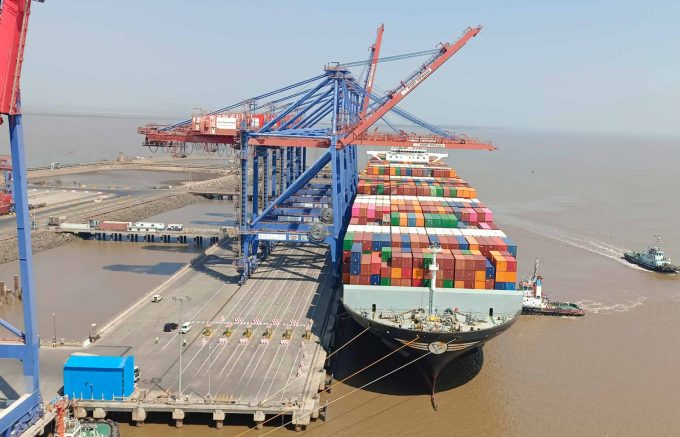Real test of Gemini hub and spoke model yet to come, says Maersk
Early signs may be positive for the Gemini Cooperation’s “hub and spoke” model, but head ...

The steep post-Covid rate erosion on container trades seems more pronounced for contracts from India to key Asian intermediate ports like Port Kelang and Singapore, according to industry sources.
Bookings from Nhava Sheva (JNPT) or Mundra to Port Kelang are being accepted at as low as $1 per teu. The two ports account for the majority of India’s containerised trade.
For Singapore, carriers are willing to ship at $5/teu, while average rates for Indian shipments to ...
Volcanic disruption at Anchorage could hit transpacific airfreight operations
Macron calls for ‘suspension’ – CMA CGM's $20bn US investment in doubt
De minimis exemption on shipments from China to the US will end in May
Forwarders stay cool as US 'liberation day' tariffs threaten 'global trade war'
Mixed response in US to 'Liberation Day', while China leads wave of retaliation
Tariffs and de minimis set air freight rates on a volatile course
Transpacific contract rates rise on Trump’s fickle policies
Trump tariffs see hundreds of cancelled container bookings a day from Asia

Comment on this article